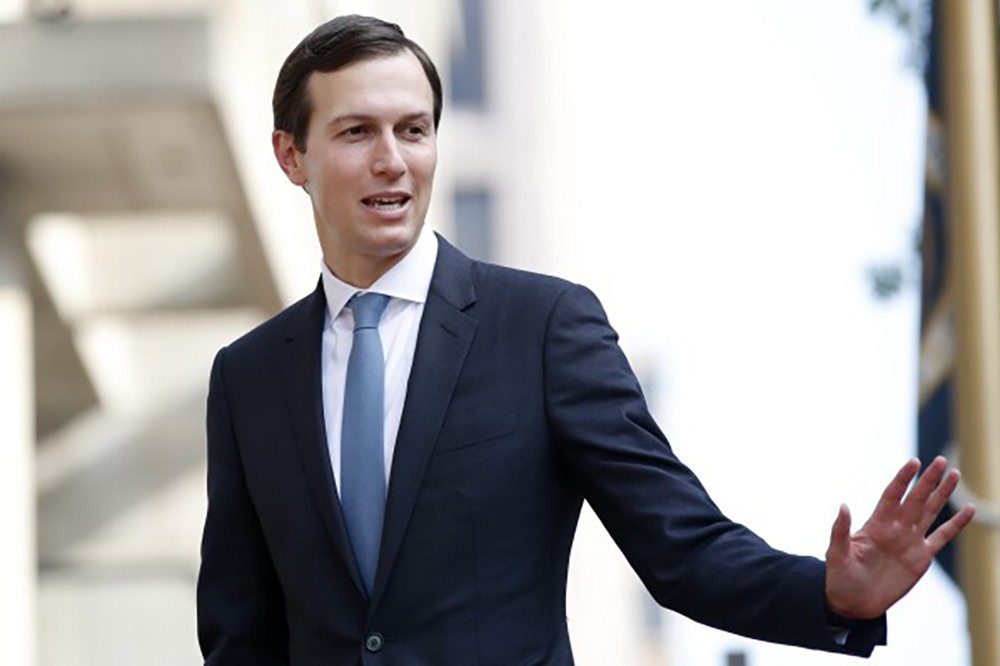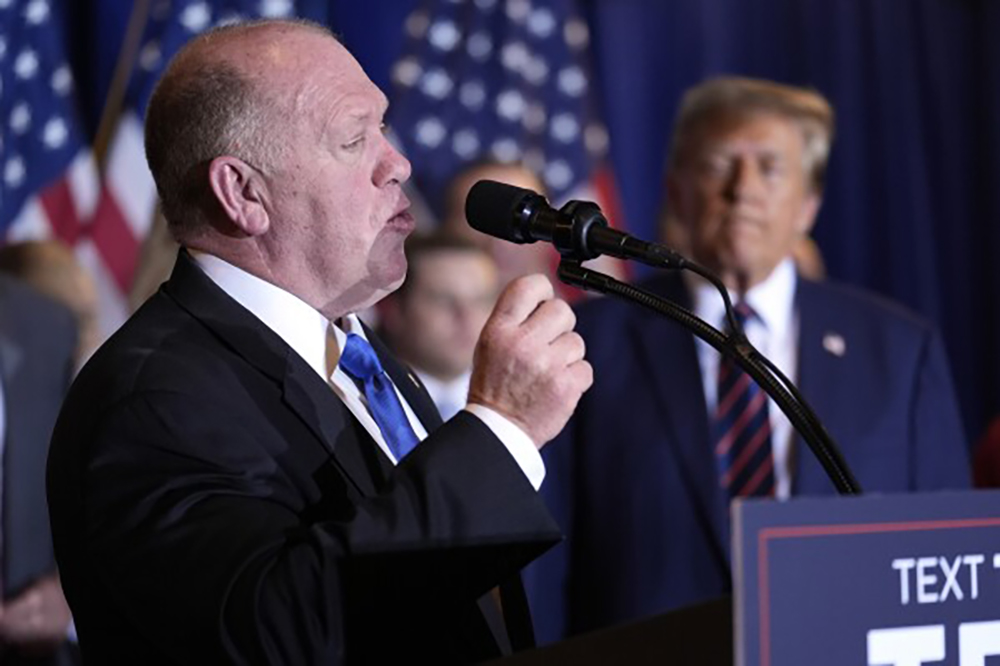|
Getting your Trinity Audio player ready...
|
Below is a comprehensive list of Trump’s nominees for Cabinet positions and other significant roles.
Edited by: Fern Sidman
President-elect Donald Trump has wasted no time assembling what many political conservatives and supporters of his “America First” agenda are hailing as a “Dream Team” of loyalists and like-minded reformers. His swift selection of cabinet members and key governmental appointees underscores his commitment to assembling a powerhouse administration poised to tackle the most pressing challenges facing the United States, from inflation to national security.
Trump’s picks are a testament to his focus on loyalty and ideological alignment. By bringing in figures such as Stephen Miller, who championed hardline immigration policies during Trump’s first term, and Howard Lutnick, a seasoned financial leader committed to cutting bureaucratic waste, Trump is surrounding himself with individuals who are not only experienced but also deeply committed to his vision of “draining the swamp.” These appointments reflect a clear mandate: reduce bloated government spending, curb elite overreach, and put the interests of everyday Americans first.
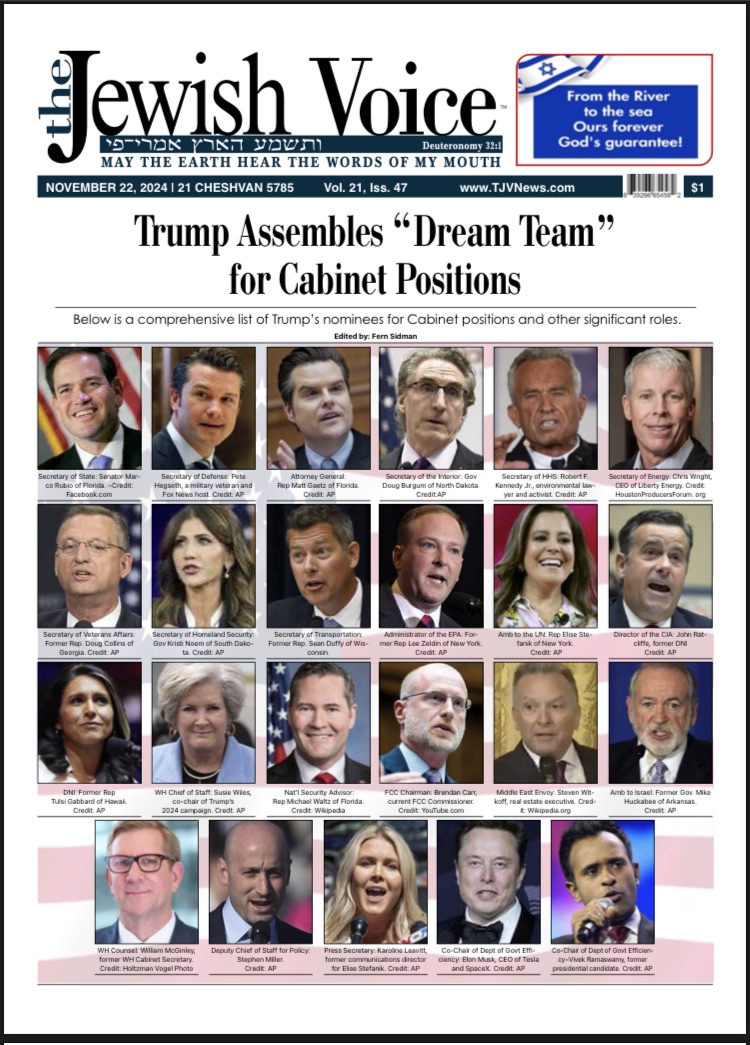
The selection of figures such as Robert F. Kennedy Jr. as Secretary of Health and Human Services signals a willingness to break from conventional partisan lines while doubling down on the fight against issues like the fentanyl crisis. Similarly, Kristi Noem, as Secretary of Homeland Security, is expected to prioritize securing the border and addressing the influx of illegal drugs into the United States.
For Trump’s conservative base, the new cabinet is seen as a vehicle for delivering on longstanding campaign promises and combating what they perceive as the excesses of progressive governance. The administration’s agenda includes:
With economic pressures weighing heavily on Americans, the Trump team is emphasizing policies to cut government spending, promote domestic energy production, and reduce tax burdens. Appointees like Chris Wright at the Department of Energy are expected to champion policies that maximize America’s energy independence, while Howard Lutnick is poised to lead efforts to deregulate industries and boost economic growth.
Figures such as Tom Homan, appointed as Border Czar, and Michael Waltz, Trump’s pick for National Security Advisor, are committed to restoring law and order. Their focus will be on reducing violent crime, cracking down on drug cartels, and implementing stronger measures to protect America’s borders.
The administration plans to increase resources to combat the devastating impact of fentanyl on American communities. This involves stricter border enforcement and enhanced cooperation with law enforcement agencies.
Former Arkansas Governor Mike Huckabee, as Ambassador to Israel, calls attention to Trump’s commitment to strengthening ties with America’s closest Middle Eastern ally. At the same time, addressing the escalation of anti-Semitism both domestically and internationally will be a top priority, with Trump promising zero tolerance for hate.
Trump has signaled his intent to challenge the influence of elite institutions that promote anti-American agenda. His administration aims to explore taxing the endowments of universities accused of fostering anti-American sentiment, holding them accountable for their role in shaping public discourse.
From education to foreign policy, Trump’s team intends to champion policies that prioritize American values, innovation, and strength. Appointees such as Brendan Carr at the FCC and Vivek Ramaswamy, co-chairing the Department of Government Efficiency, are expected to push for reforms that bolster free speech and economic competitiveness.
For conservatives, Trump’s cabinet represents the ideal blend of competence and commitment to the “America First” agenda. The inclusion of figures such as Lee Zeldin at the EPA and Elise Stefanik as Ambassador to the United Nations ensures that Trump’s vision for a leaner, more efficient government extends across both domestic and international policy domains.
Critics argue that Trump’s rapid appointments leave little room for bipartisan cooperation, but for his supporters, this speed reflects a sense of urgency. As they see it, Trump is assembling a team not to maintain the status quo but to disrupt it — decisively.
Trump’s cabinet formation sets the tone for a presidency that seeks to prioritize action over rhetoric. With a team deeply aligned with his vision, he is poised to take on inflation, crime, border security, and America’s standing on the world stage. For his supporters, this administration isn’t just a continuation of his first term; it’s an intensified effort to fulfill the promises of 2016 and restore the nation’s greatness.
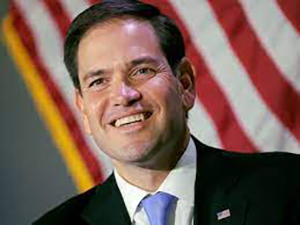
Secretary of State: Senator Marco Rubio of Florida
Marco Rubio, serving as a U.S. Senator from Florida since 2011, has been a prominent figure in national politics. A former Speaker of the Florida House of Representatives, Rubio ran for the Republican presidential nomination in 2016. Known for his expertise in foreign policy, he has been a vocal advocate for a strong national defense and a robust international presence.
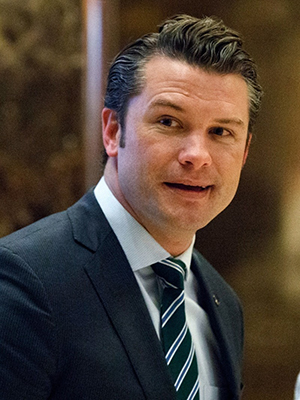
Secretary of Defense: Pete Hegseth
Pete Hegseth is a military veteran and media personality, recognized for his service as an officer in the U.S. Army National Guard, including deployments to Iraq and Afghanistan. Transitioning to media, he became a co-host on Fox News’ “Fox & Friends Weekend,” where he discussed military and veterans’ issues.
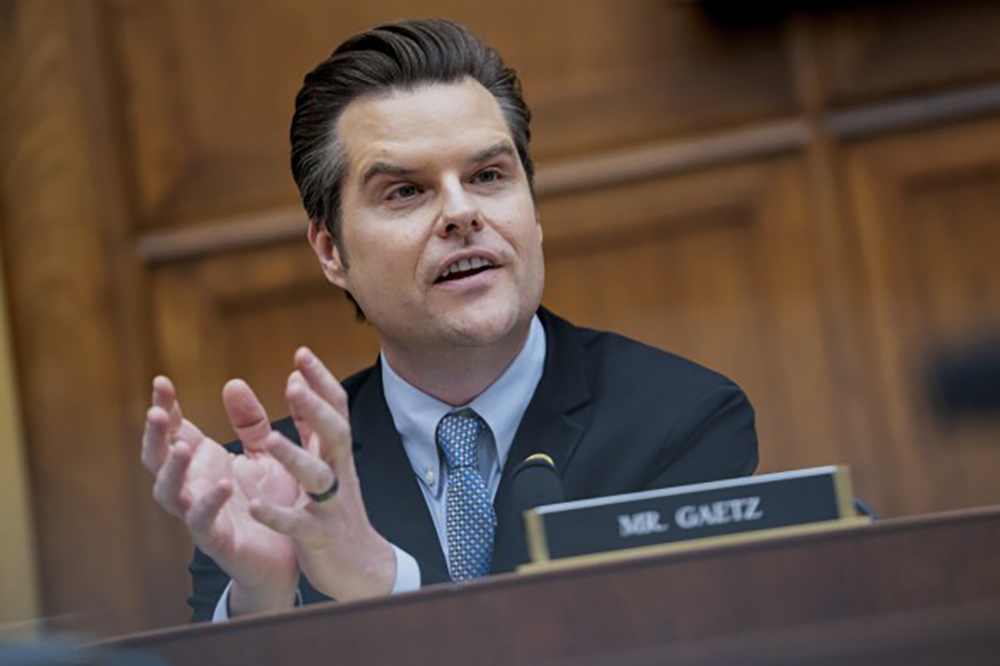
Rep Matt Gaetz of Florida.
Credit: AP
Attorney General: Representative Matt Gaetz of Florida
Matt Gaetz has represented Florida’s 1st congressional district since 2017. Prior to his congressional tenure, he served in the Florida House of Representatives. Gaetz is known for his strong conservative stance and vocal support of President Trump’s policies.
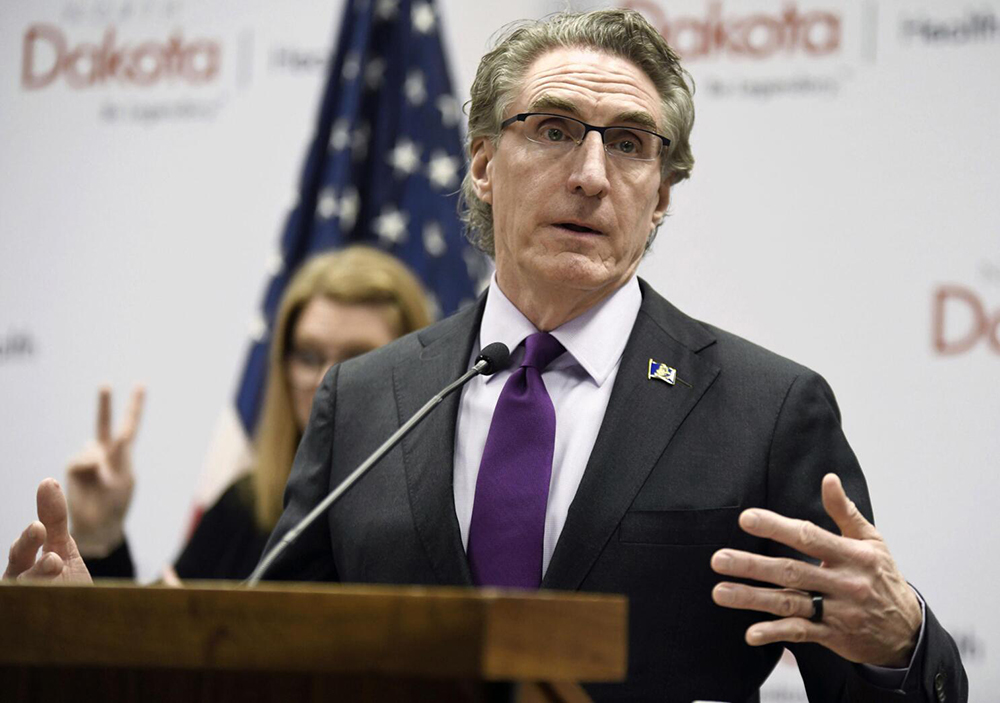
Secretary of the Interior: Governor Doug Burgum of North Dakota
Doug Burgum has been the Governor of North Dakota since 2016. Before his political career, he was a successful entrepreneur in the software industry, founding Great Plains Software, which was later acquired by Microsoft. As governor, he focused on economic development and technological innovation.

Secretary of Health and Human Services: Robert F. Kennedy Jr.
Robert F. Kennedy Jr., an environmental lawyer and activist, is known for his work in environmental law and advocacy. He has been involved in various environmental organizations and has authored books on environmental issues.
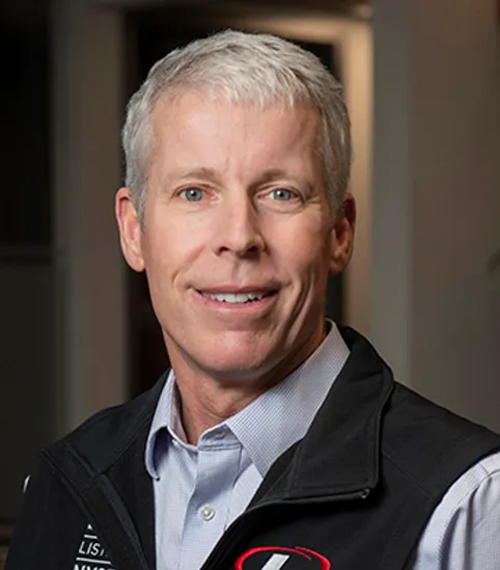
Secretary of Energy: Chris Wright
Chris Wright is the CEO of Liberty Energy, a company specializing in hydraulic fracturing services. With a background in engineering and energy, he has been a proponent of domestic energy production and technological advancements in the energy sector.
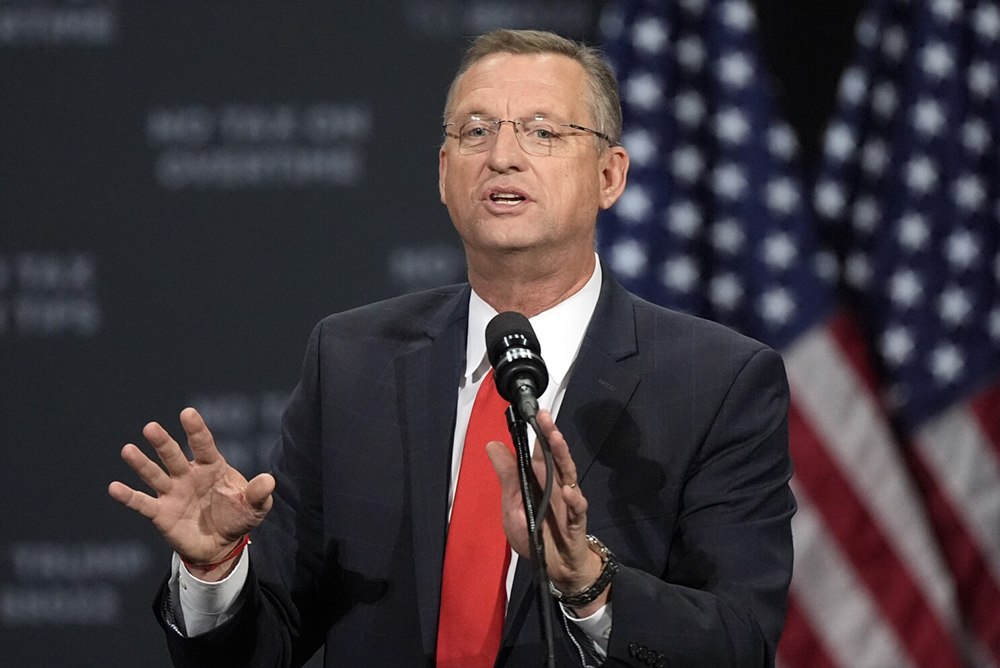
Secretary of Veterans Affairs: Former Representative Doug Collins of Georgia
Doug Collins served as the U.S. Representative for Georgia’s 9th congressional district from 2013 to 2021. A former chaplain in the U.S. Air Force Reserve, he has been an advocate for veterans’ issues and criminal justice reform.

Secretary of Homeland Security: Governor Kristi Noem of South Dakota
Kristi Noem has been the Governor of South Dakota since 2019. Previously, she served as the U.S. Representative for South Dakota’s at-large congressional district. Noem is known for her conservative policies and emphasis on state sovereignty.
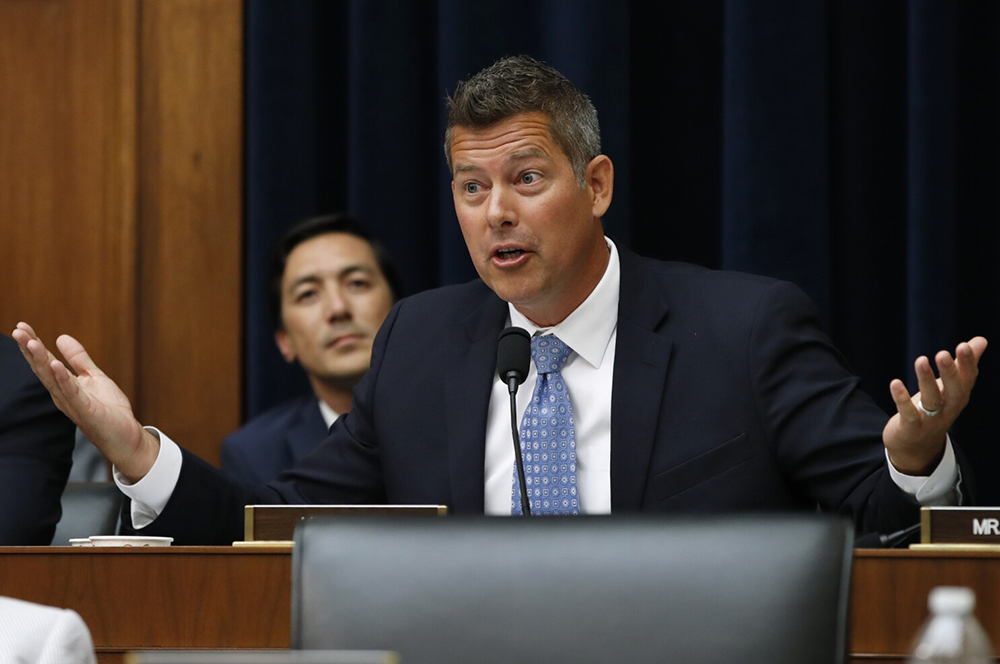
Secretary of Transportation: Former Representative Sean Duffy of Wisconsin
Sean Duffy represented Wisconsin’s 7th congressional district from 2011 to 2019. Before his political career, he was a district attorney and a television personality. Duffy has focused on economic development and infrastructure issues.
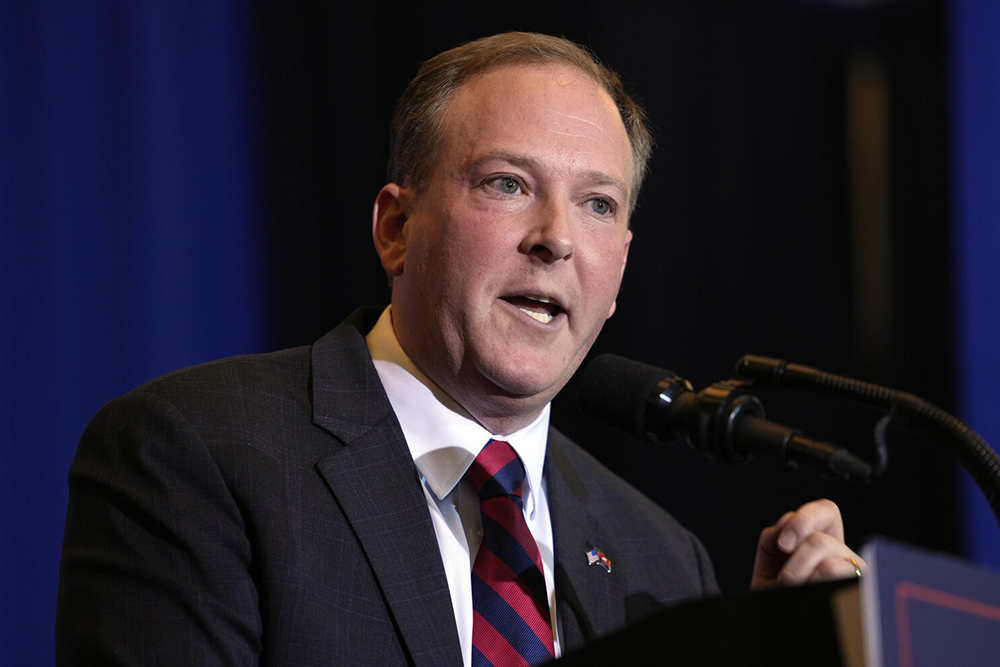
Administrator of the Environmental Protection Agency: Former Representative Lee Zeldin of New York
Lee Zeldin served as the U.S. Representative for New York’s 1st congressional district from 2015 to 2023. A military veteran, he has been involved in energy and environmental policy discussions during his tenure.
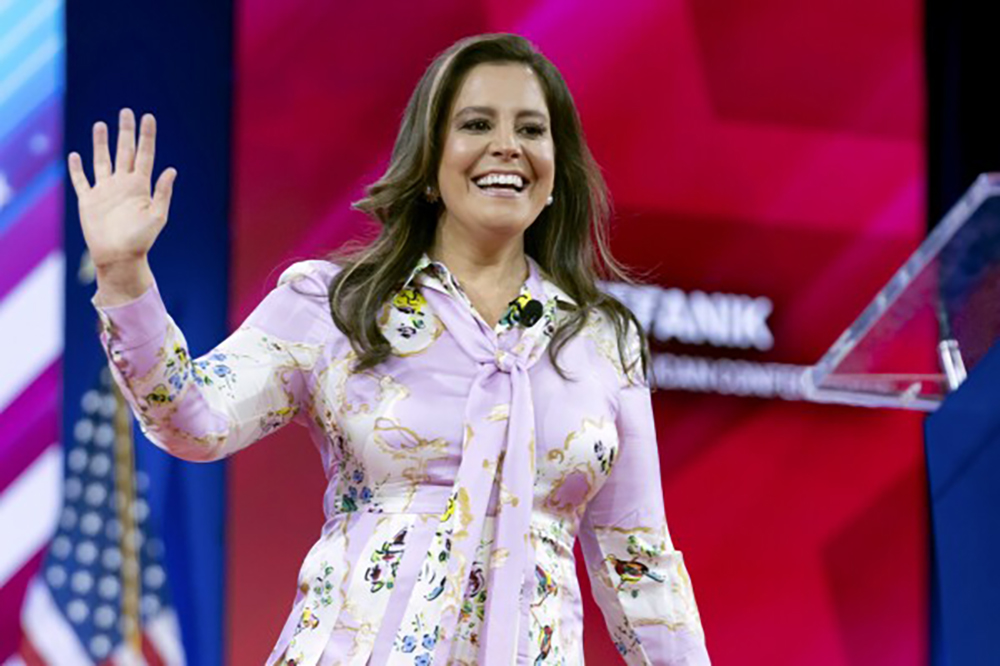
Credit: AP
Ambassador to the United Nations: Representative Elise Stefanik of New York
Elise Stefanik has represented New York’s 21st congressional district since 2015. She has been a member of the House Armed Services Committee and has focused on national security and foreign policy issues.
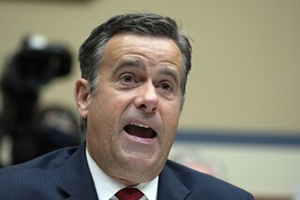
Credit: AP
Director of the Central Intelligence Agency: John Ratcliffe
John Ratcliffe served as the Director of National Intelligence from 2020 to 2021. Prior to that, he was the U.S. Representative for Texas’s 4th congressional district. Ratcliffe has a background in law and national security.
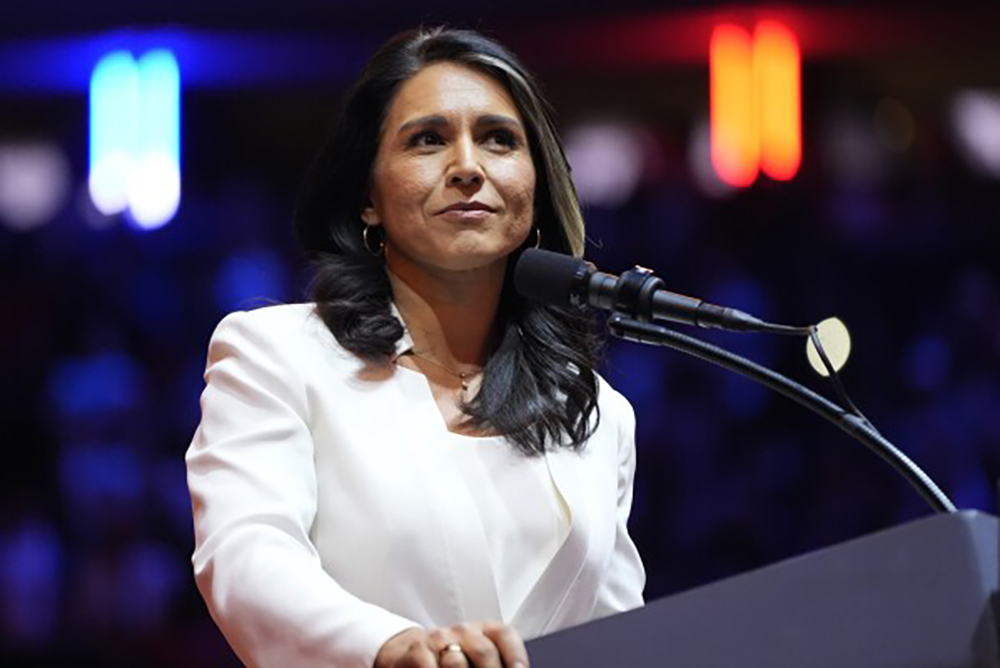
Tulsi Gabbard of Hawaii.
Credit: AP
Director of National Intelligence: Former Representative Tulsi Gabbard of Hawaii
Tulsi Gabbard represented Hawaii’s 2nd congressional district from 2013 to 2021. A military veteran, she served in the Hawaii Army National Guard with deployments to the Middle East. Gabbard has been involved in foreign affairs and national security discussions.
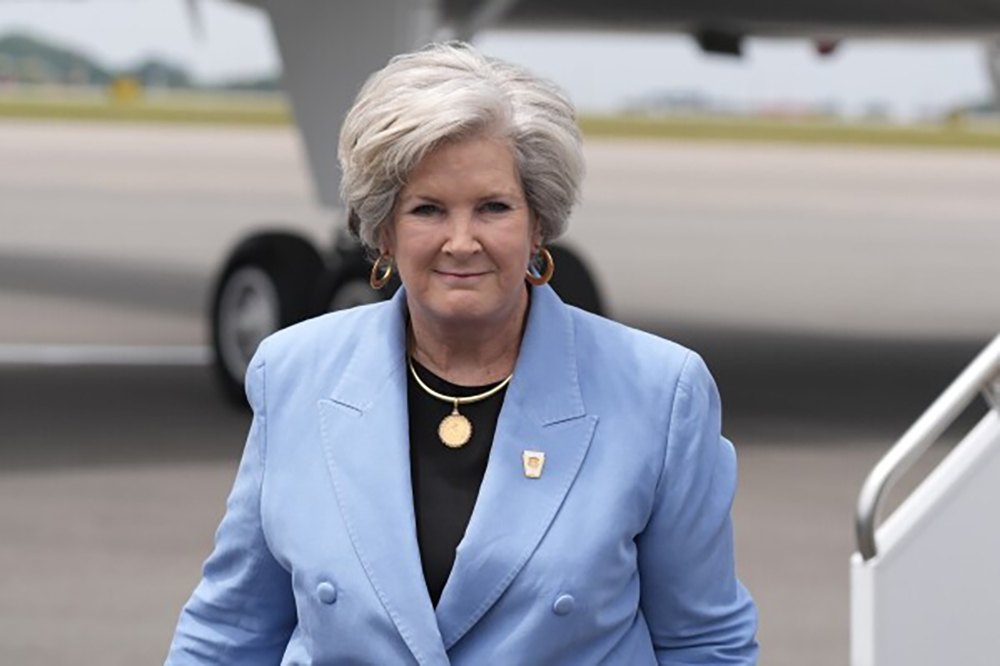
2024 campaign. Credt: AP
White House Chief of Staff: Susie Wiles
Susie Wiles co-chaired President Trump’s 2024 campaign. With extensive experience in political campaigns and public affairs, she has been a key strategist in Republican politics.
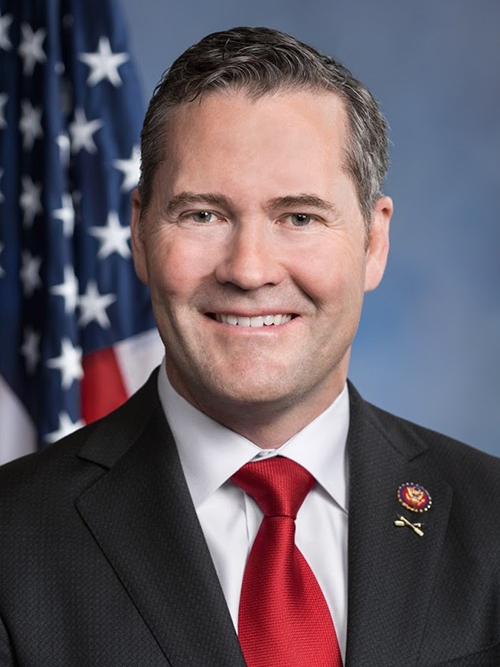
Rep Michael Waltz of Florida. Credit: Wikipedia
National Security Advisor: Representative Michael Waltz of Florida
Michael Waltz has represented Florida’s 6th congressional district since 2019. A former Green Beret and defense policy advisor, he has focused on national security and military affairs.
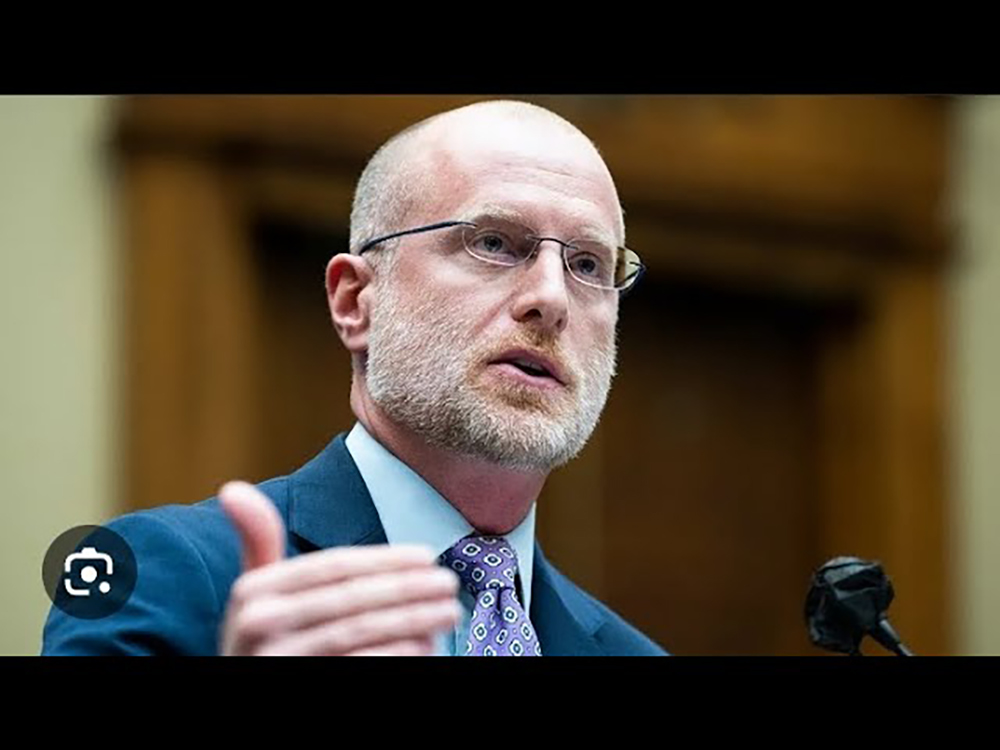
Federal Communications Commission Chairman: Brendan Carr
Brendan Carr has been a Commissioner of the Federal Communications Commission since 2017. He has a background in telecommunications law and has advocated for expanding broadband access.
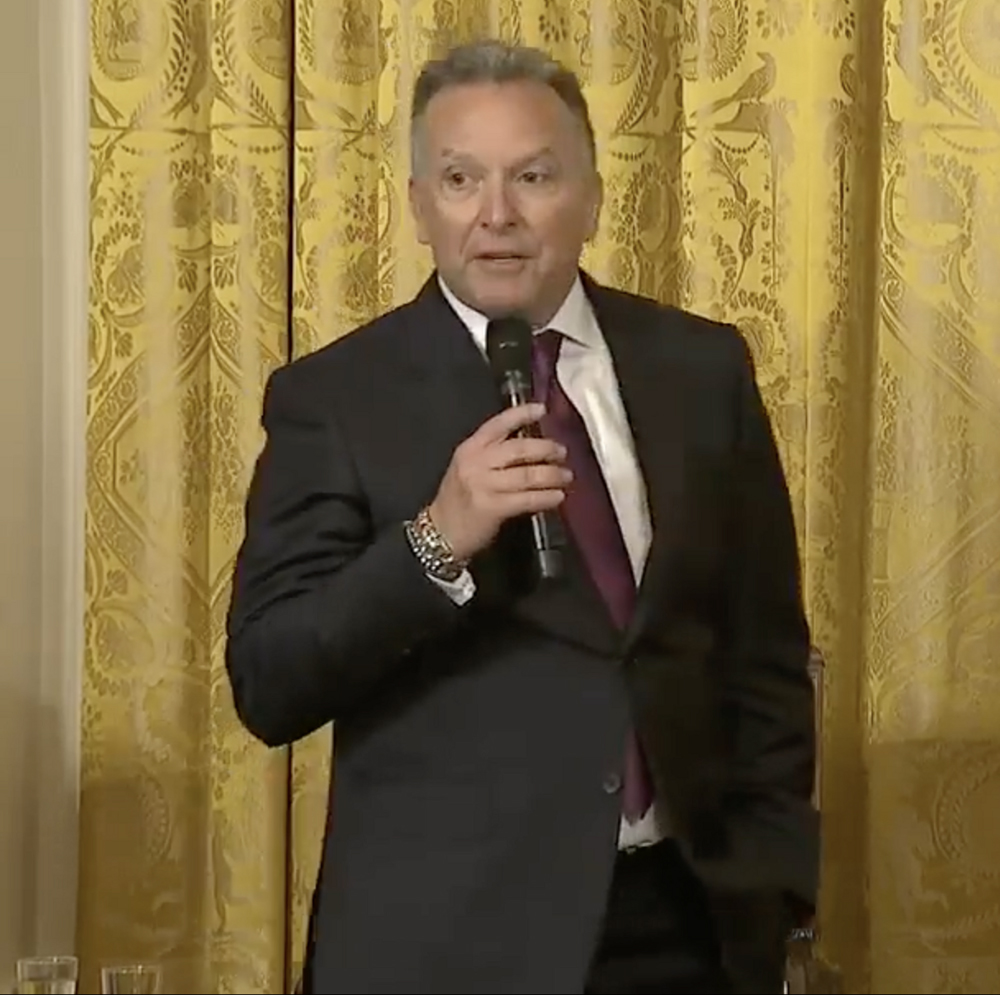
Middle East Envoy: Steven Witkoff
Steven Witkoff is a real estate executive and founder of the Witkoff Group. He has been involved in various real estate developments and has experience in international business.
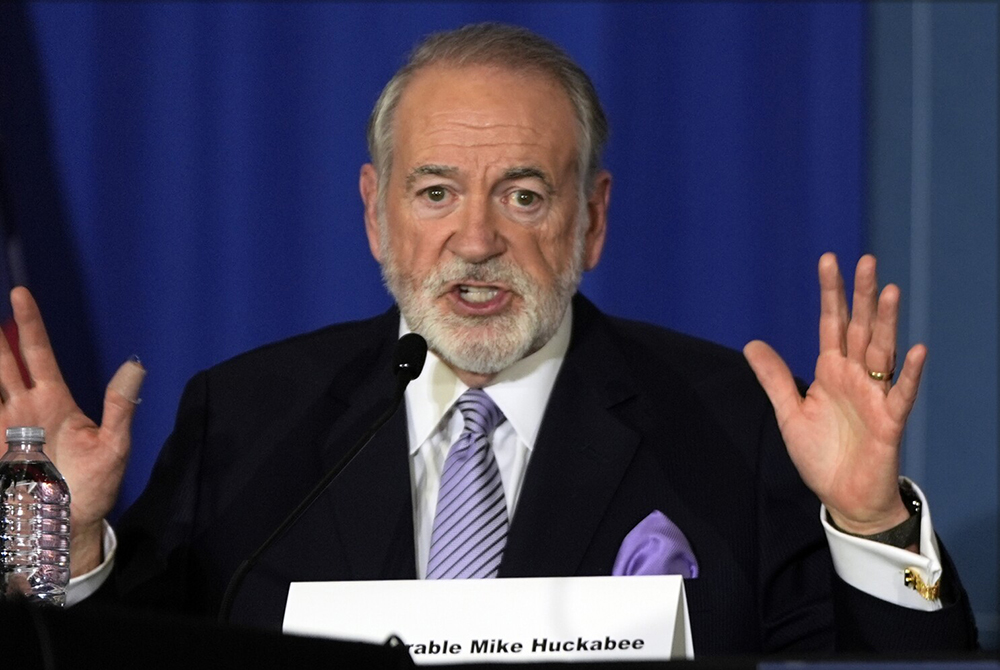
Credit: AP
Ambassador to Israel: Former Governor Mike Huckabee of Arkansas
Mike Huckabee served as the Governor of Arkansas from 1996 to 2007. A former Baptist minister, he has been a political commentator and was a candidate for the Republican presidential nomination in 2008 and 2016.
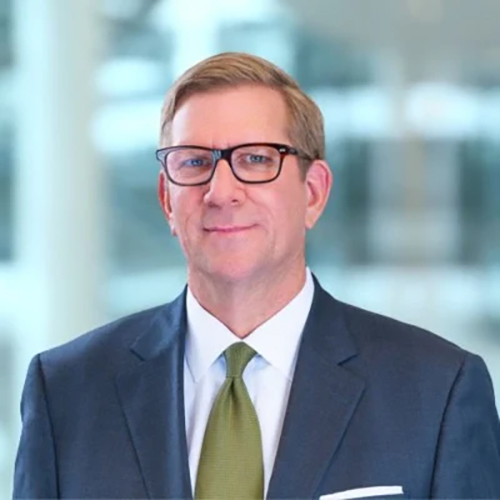
White House Counsel: William McGinley
William “Bill” McGinley is an American attorney with extensive experience in election law and political affairs. He earned a Bachelor of Arts in history from the University of California, Los Angeles, a Master of Arts in history from California State University, Long Beach, and a Juris Doctor from George Washington University Law School in 1997. McGinley has served as Deputy General Counsel to the Republican National Committee and as General Counsel to the National Republican Senatorial Committee. In the private sector, he was a partner at law firms Patton Boggs and Jones Day, focusing on campaign finance and ethics matters. During President Donald Trump’s first term, McGinley held the position of White House Cabinet Secretary from January 2017 to July 2019. In November 2024, President-elect Trump announced McGinley as his choice for White House Counsel, highlighting his legal acumen and experience in advancing the administration’s agenda
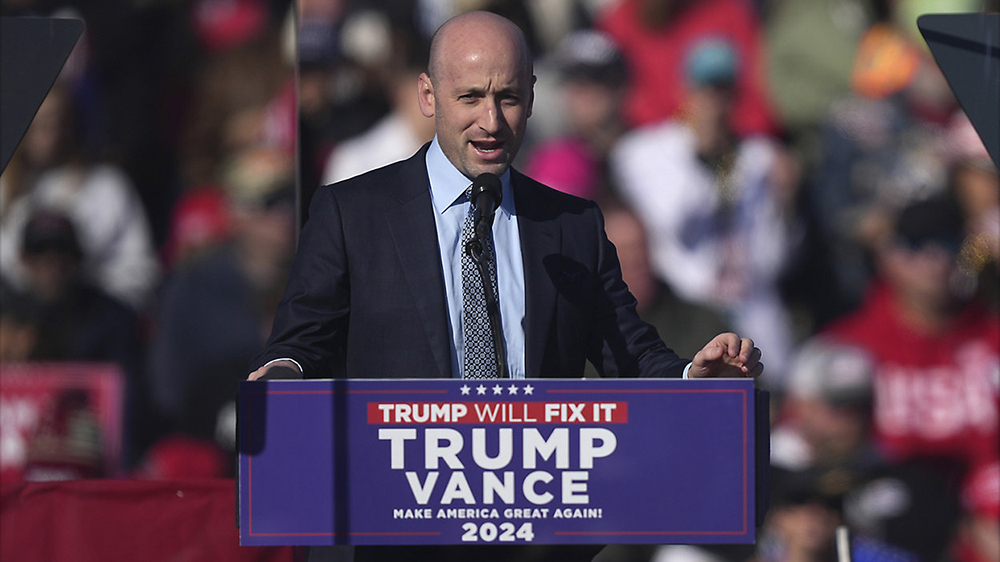
Credit: AP
Deputy Chief of Staff for Policy: Stephen Miller
Stephen Miller, a close advisor to Donald Trump during his first term, served as Senior Advisor for Policy from 2017 to 2021. Known for his role in shaping the administration’s hardline immigration policies, including the “zero tolerance” policy, Miller became a central figure in Trump’s legislative and executive agenda. A graduate of Duke University, Miller began his career as a communications director for Senator Jeff Sessions and has been a vocal advocate for nationalist and populist policies.
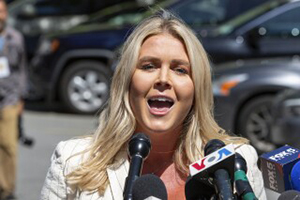
Press Secretary: Karoline Leavitt
Karoline Leavitt, formerly the communications director for Representative Elise Stefanik, is a rising star in conservative politics. A graduate of Saint Anselm College, she worked as an assistant press secretary in the Trump
 White House before moving to Stefanik’s team. Known for her articulate communication skills and loyalty to Trump’s vision, Leavitt is poised to become one of the youngest press secretaries in U.S. history.
White House before moving to Stefanik’s team. Known for her articulate communication skills and loyalty to Trump’s vision, Leavitt is poised to become one of the youngest press secretaries in U.S. history.
Border Czar: Tom Homan
Tom Homan, a veteran of 34 years in U.S. Border Patrol and Immigration and Customs Enforcement (ICE), has been appointed by President-elect Donald Trump as the Border Czar to oversee deportation policy and aviation security. Homan previously served as Acting ICE Director during Trump’s first administration, where he gained national attention for his hardline stance on immigration enforcement. Under his leadership, ICE implemented the controversial “zero-tolerance” policy, which led to the separation of undocumented families at the border. A staunch advocate for border security, Homan has consistently emphasized the importance of strict enforcement to deter illegal immigration and protect national security. Known for his tough rhetoric and unwavering commitment to enforcing immigration laws, Homan is set to play a pivotal role in shaping the administration’s immigration and border policies.
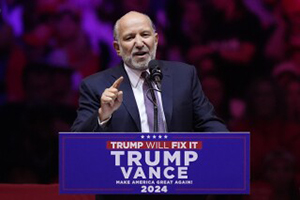
Commerce Secretary: Howard Lutnick
Howard Lutnick is an American businessman and philanthropist. He earned a Bachelor of Arts in economics from Haverford College in 1983. Lutnick joined Cantor Fitzgerald the same year and rose through the ranks to become President and CEO in 1991, and Chairman in 1996. Under his leadership, the firm became a leading global financial services company. On September 11, 2001, Cantor Fitzgerald suffered the loss of 658 employees, including Lutnick’s brother, in the World Trade Center attacks. Lutnick survived and led the company’s recovery, establishing the Cantor Fitzgerald Relief Fund to support the families of the victims. In November 2024, President-elect Donald Trump nominated Lutnick as Secretary of Commerce, highlighting his extensive experience in finance and business.
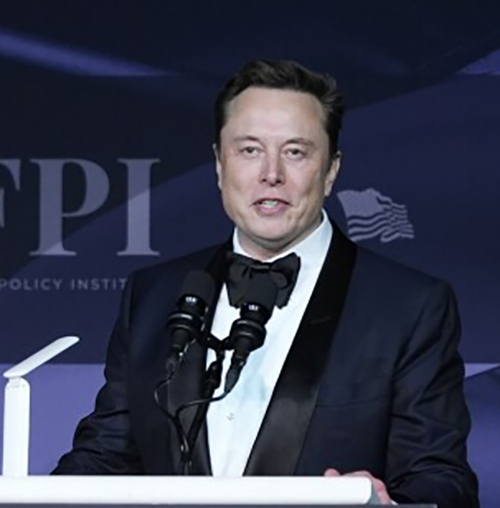
Co-Chairs of the Department of Government Efficiency: Elon Musk and Vivek Ramaswamy
Elon Musk, the CEO of Tesla and SpaceX, is a renowned innovator and entrepreneur who has revolutionized the electric vehicle and aerospace industries. With a focus on technological advancement and efficiency, Musk has consistently advocated for cutting-edge solutions to global challenges.
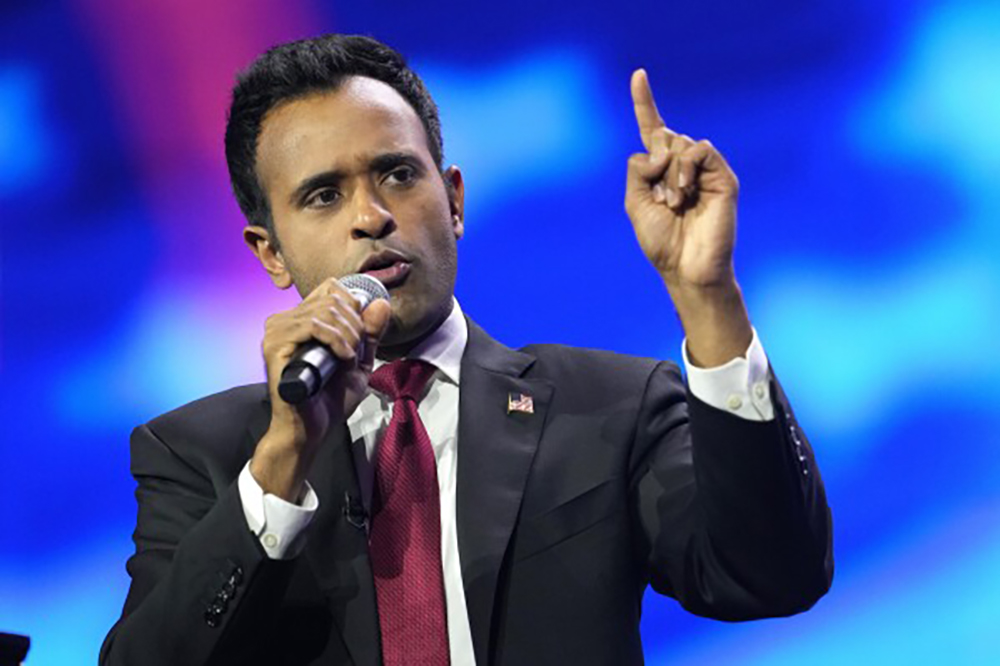
Vivek Ramaswamy, an entrepreneur and former Republican presidential candidate, gained recognition for his critiques of corporate “wokeness” and his advocacy for free-market principles. A graduate of Harvard and Yale Law School, Ramaswamy founded Roivant Sciences, a biotech company, and is a vocal proponent of deregulation and governmental reform. Together, Musk and Ramaswamy are expected to bring a results-oriented, business-driven approach to government efficiency.
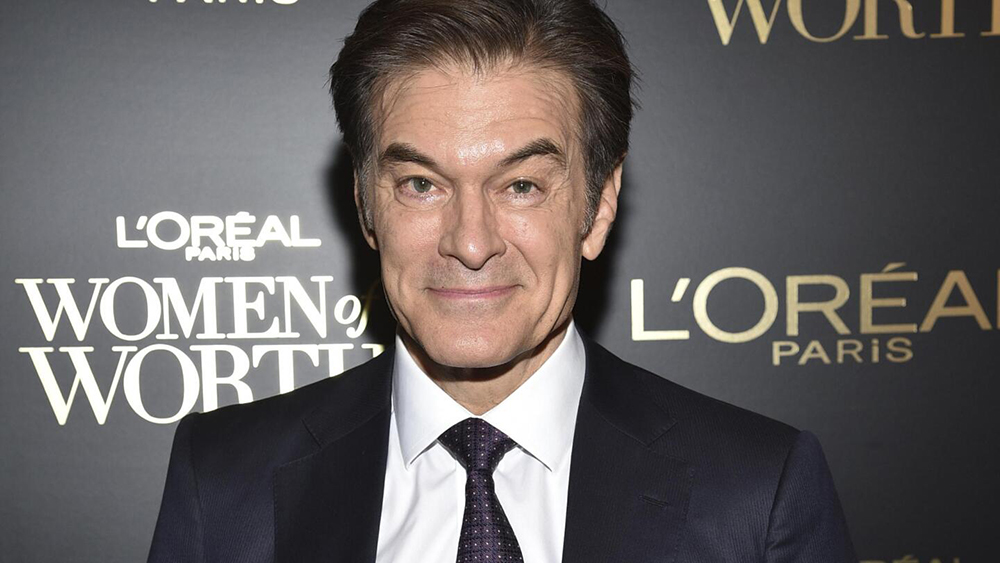
Dr. Mehmet Oz–to Lead Centers for Medicare and Medicaid
On Tuesday afternoon, President-elect Donald Trump announced his intention to nominate Dr. Mehmet Oz, a former television personality and health expert, to lead the Centers for Medicare and Medicaid Services. Trump praised Dr. Oz as a visionary in healthcare reform, emphasizing his focus on disease prevention to maximize the value of every dollar spent on healthcare in the United States. “Dr. Oz will cut waste and fraud in one of our nation’s most costly government agencies, which accounts for a third of healthcare spending and a quarter of the federal budget,” Trump stated. Dr. Oz, a Republican and vocal Trump supporter, previously ran unsuccessfully for the U.S. Senate in Pennsylvania in 2022.
